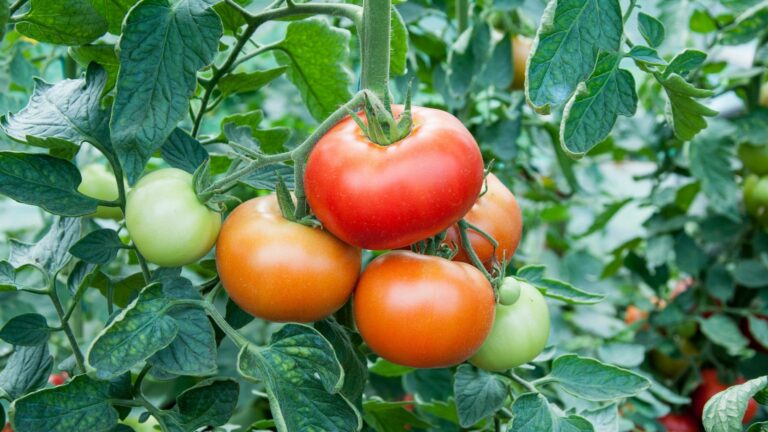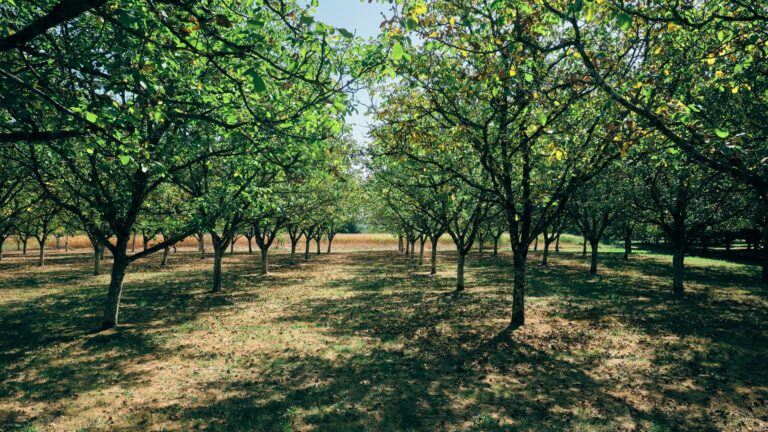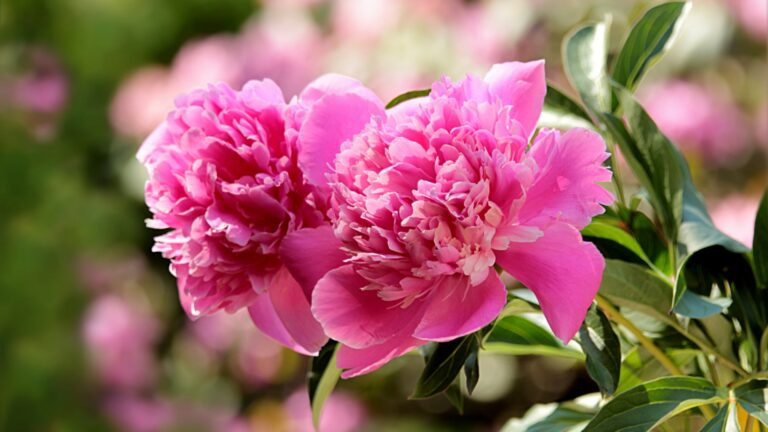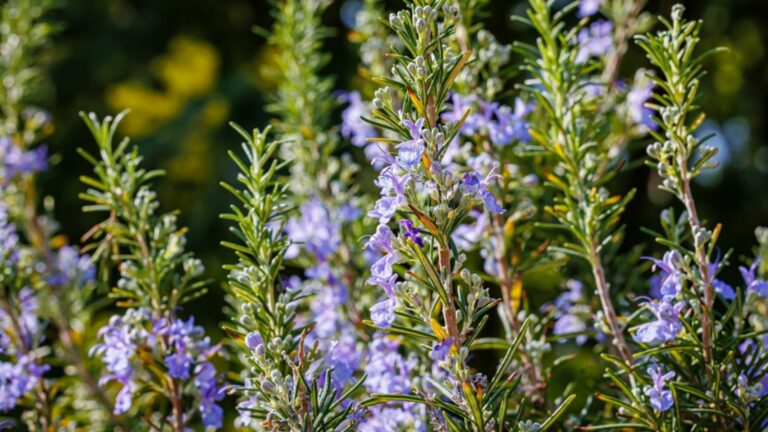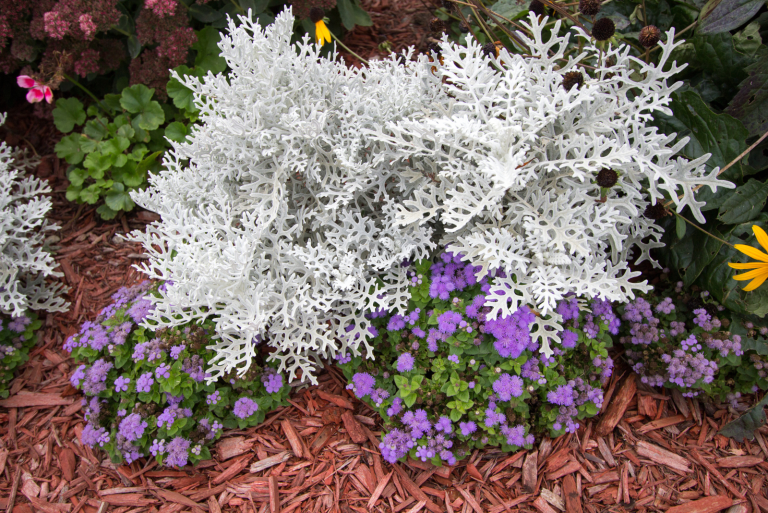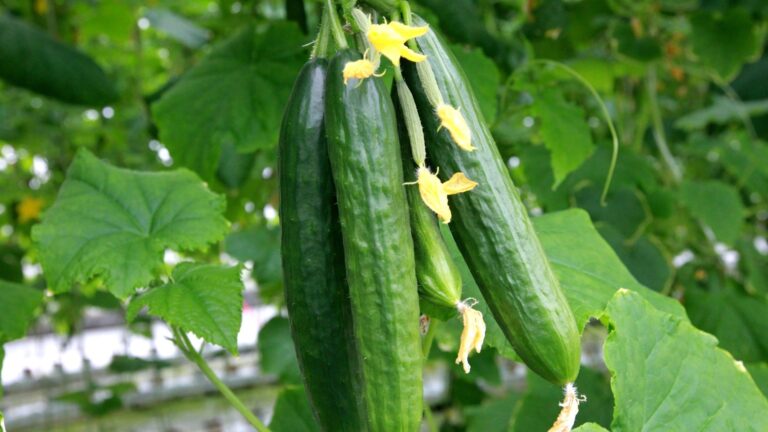8 Reasons To Grow Coneflowers With Your Vegetables In Florida
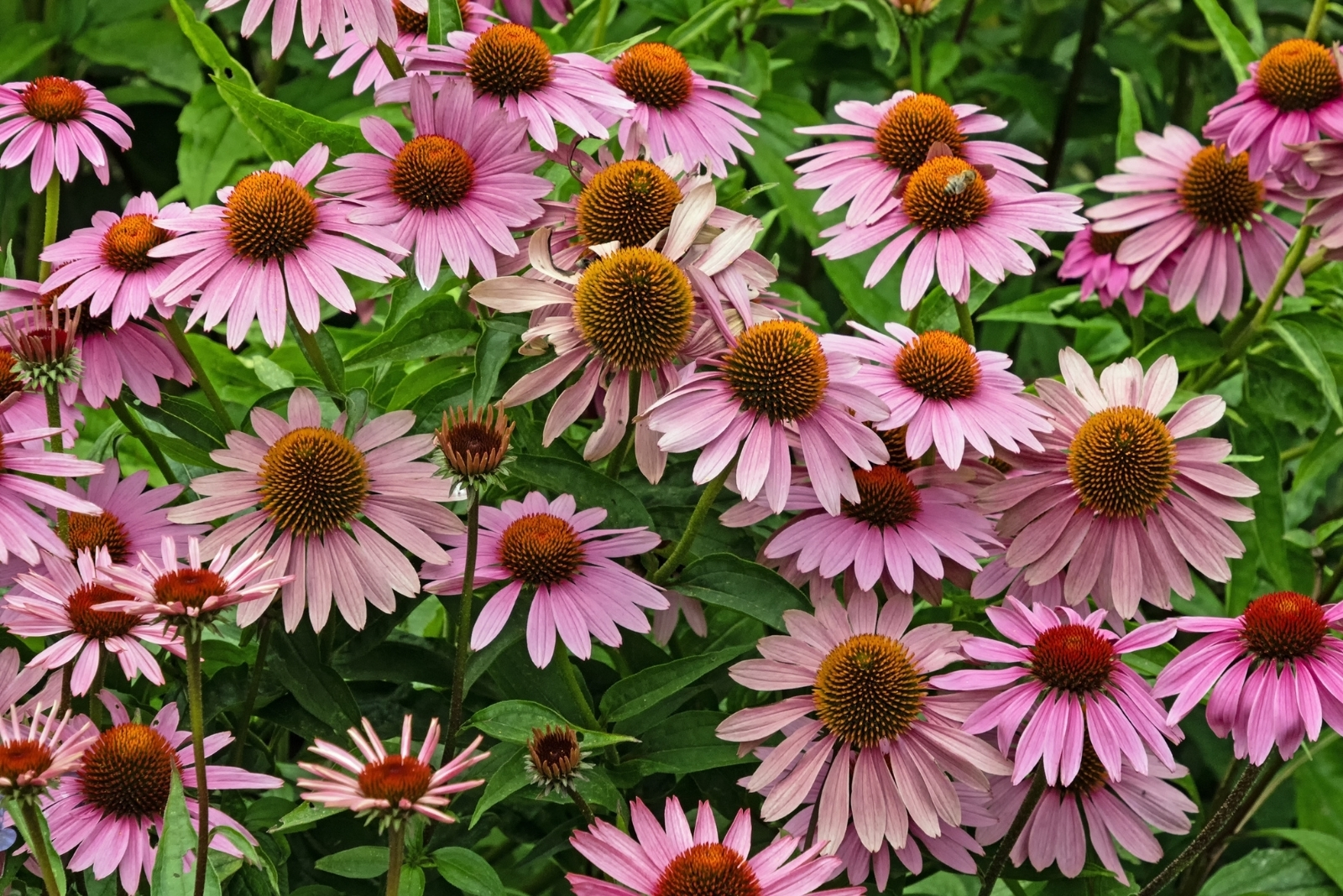
Coneflowers aren’t just pretty—they offer unique benefits to Florida vegetable gardens. These 8 reasons explain why pairing them with veggies is a winning strategy.
I’ve tried it myself, and it turned my garden into a colorful, thriving ecosystem. Add coneflowers and enjoy both beauty and bounty side by side.
1. Pollinator Magnet
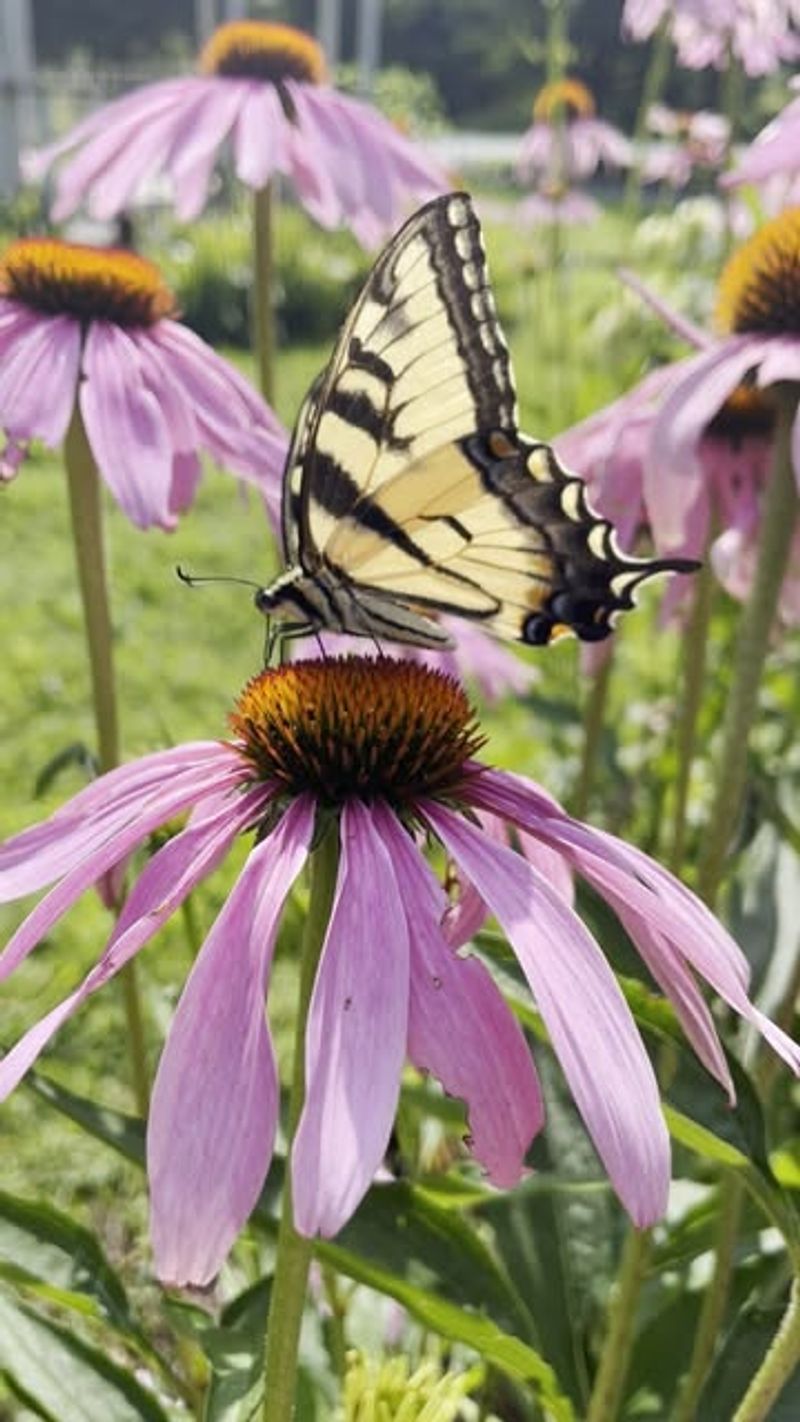
Bees and butterflies simply can’t resist coneflowers! These native beauties attract pollinators that help your tomatoes, squash, and peppers produce better yields in Florida gardens.
Many Florida vegetable crops depend on these helpful insects for proper fruit development. By planting coneflowers nearby, you’re essentially setting up a natural pollination service for free.
2. Pest Control Partners
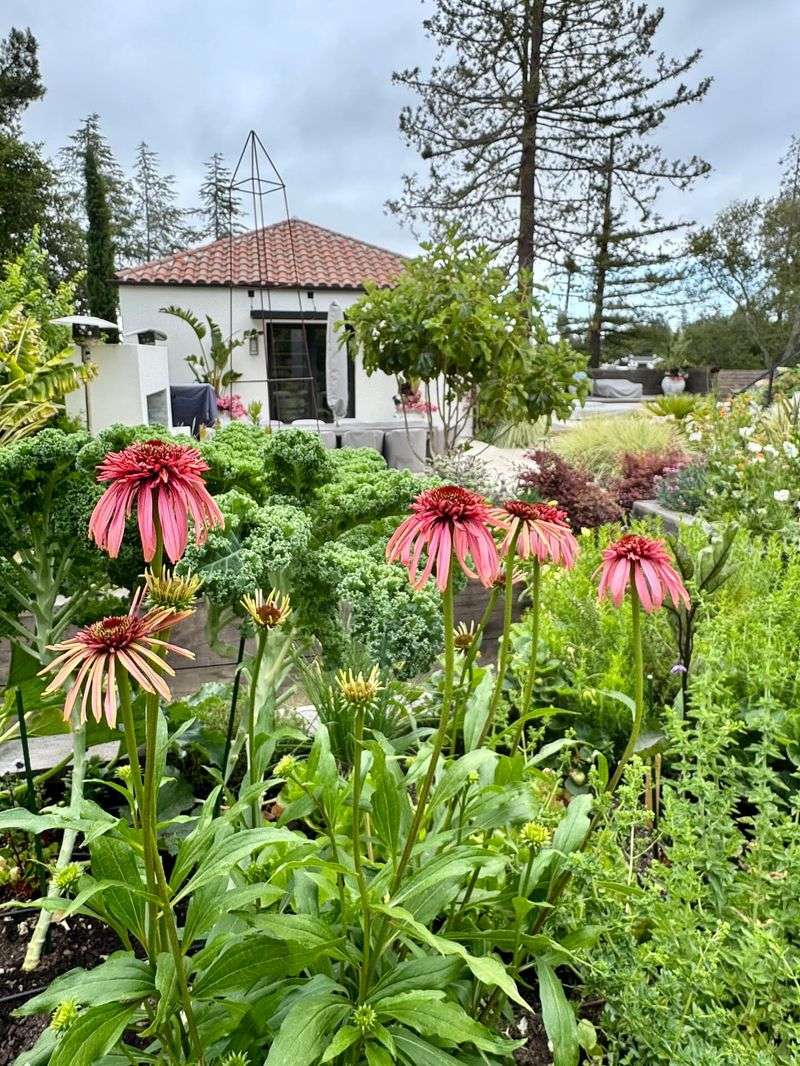
Want fewer bugs eating your veggies? Coneflowers attract beneficial predators like ladybugs and lacewings that hunt down aphids and other garden pests. Florida gardens often struggle with insect pressure due to our warm climate.
You’ll spend less on pest control and avoid harmful chemicals. Many Florida gardeners report significantly fewer pest problems when these purple sentinels stand guard alongside their vegetables.
3. Drought Resistance
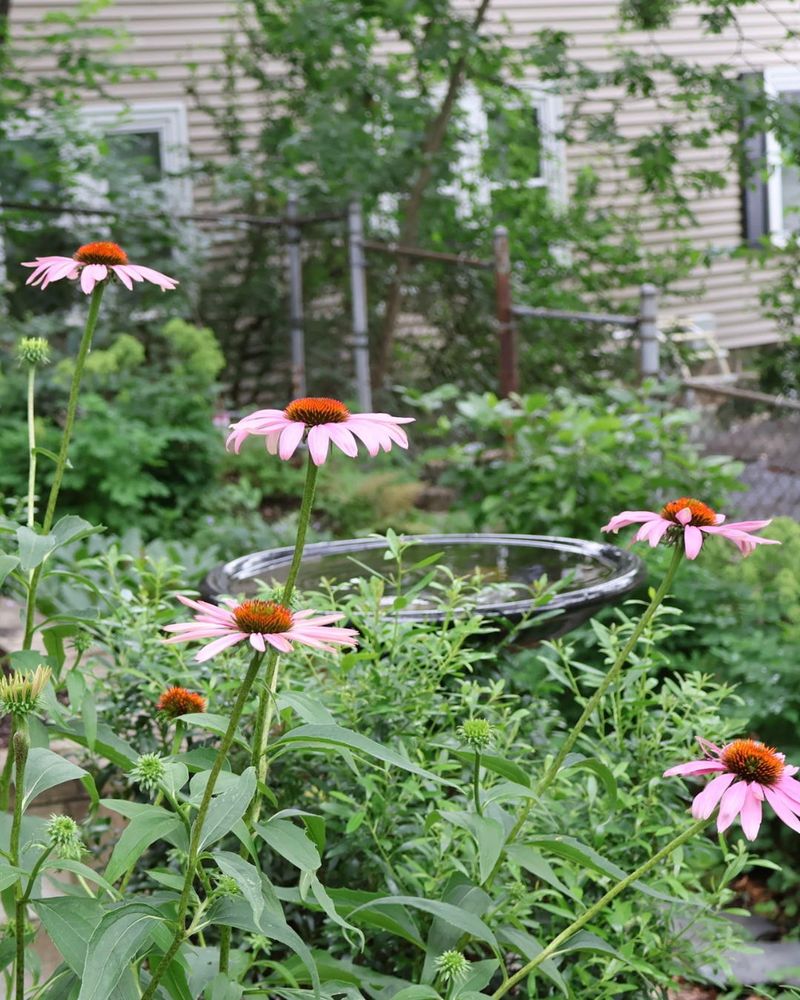
Florida’s occasional dry spells won’t faze these tough natives! Once established, coneflowers need minimal watering, conserving precious resources during drought conditions that frequently challenge Florida gardeners.
Their deep roots help them survive when water is scarce. This resilience makes them perfect companions for vegetables in Florida’s sometimes unpredictable climate, reducing your overall garden maintenance and water bills.
4. Extended Blooming Season
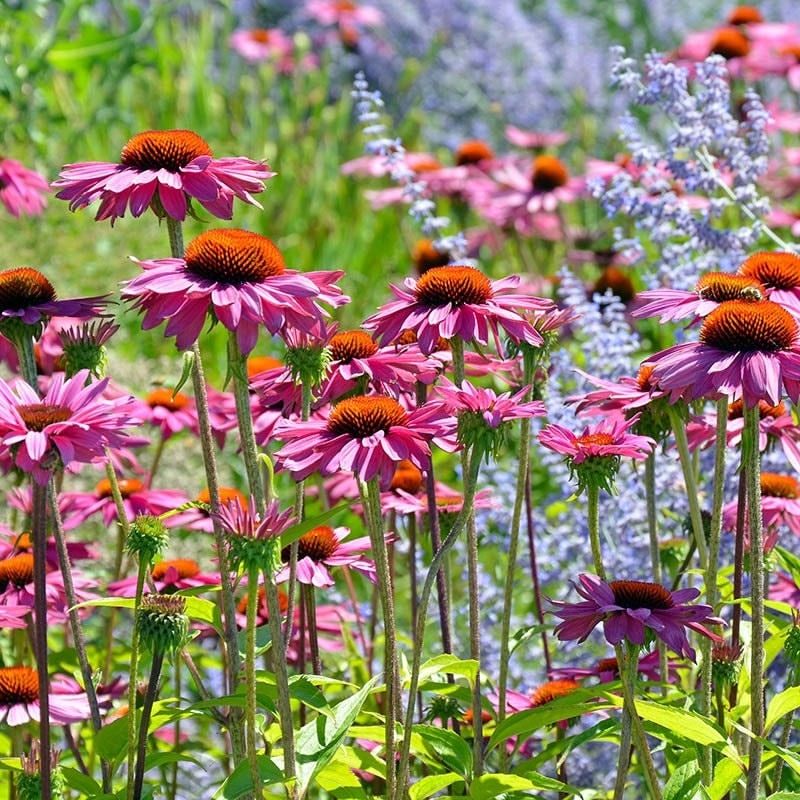
Coneflowers bloom from early summer through fall, providing continuous beauty while your vegetables grow. Florida’s long growing season means you’ll enjoy these purple blooms for months alongside your productive veggie patch.
Their extended flowering period ensures pollinators stick around for late-season crops too. Many Florida gardeners appreciate how coneflowers keep working long after spring flowers have faded in our hot summer climate.
5. Soil Improvement
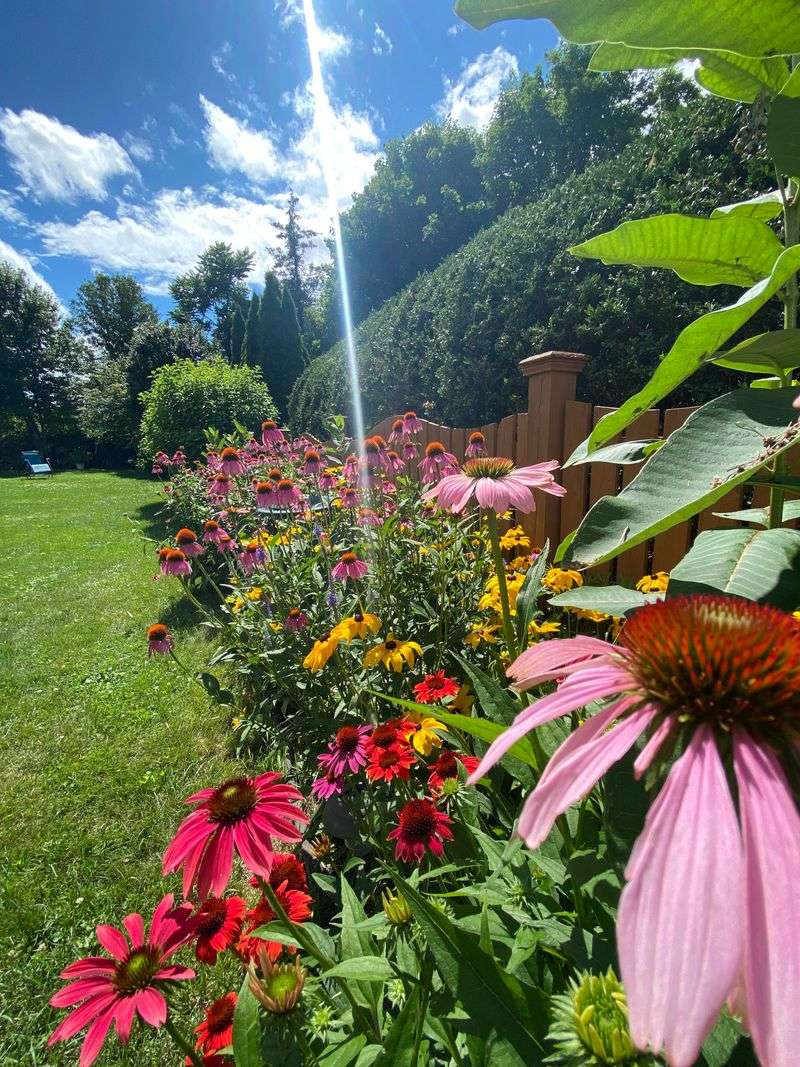
The extensive root systems of coneflowers help break up Florida’s sometimes challenging soil. They improve drainage in our heavy clay or compacted sandy areas while preventing erosion during heavy rains.
These roots also increase organic matter as they grow and die back. Many Florida vegetable gardeners notice healthier soil structure after adding these native perennials to their growing spaces.
6. Heat Tolerance
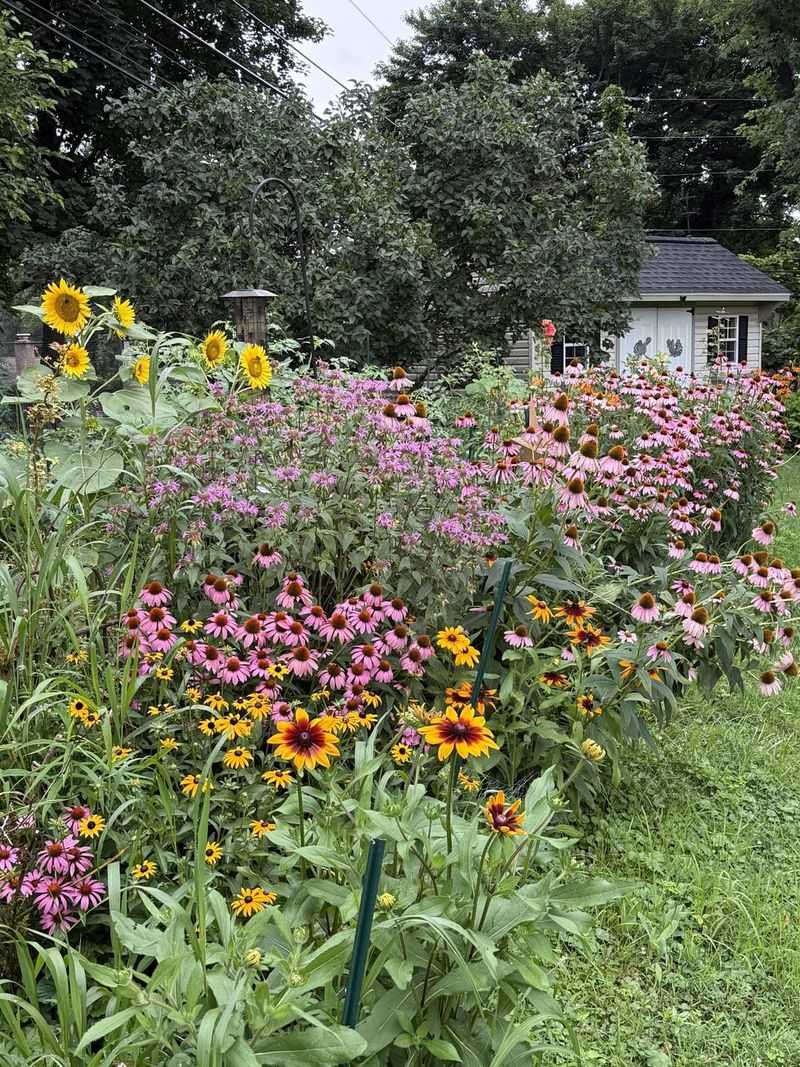
Florida summers can wilt many plants, but not coneflowers! Their natural adaptation to hot conditions makes them perfect companions for heat-loving vegetables like peppers and eggplants in our scorching climate.
They’ll keep looking fresh when temperatures soar. Many Florida gardeners rely on these tough natives to maintain garden beauty during the hottest months when other flowering plants struggle to survive.
7. Low Maintenance
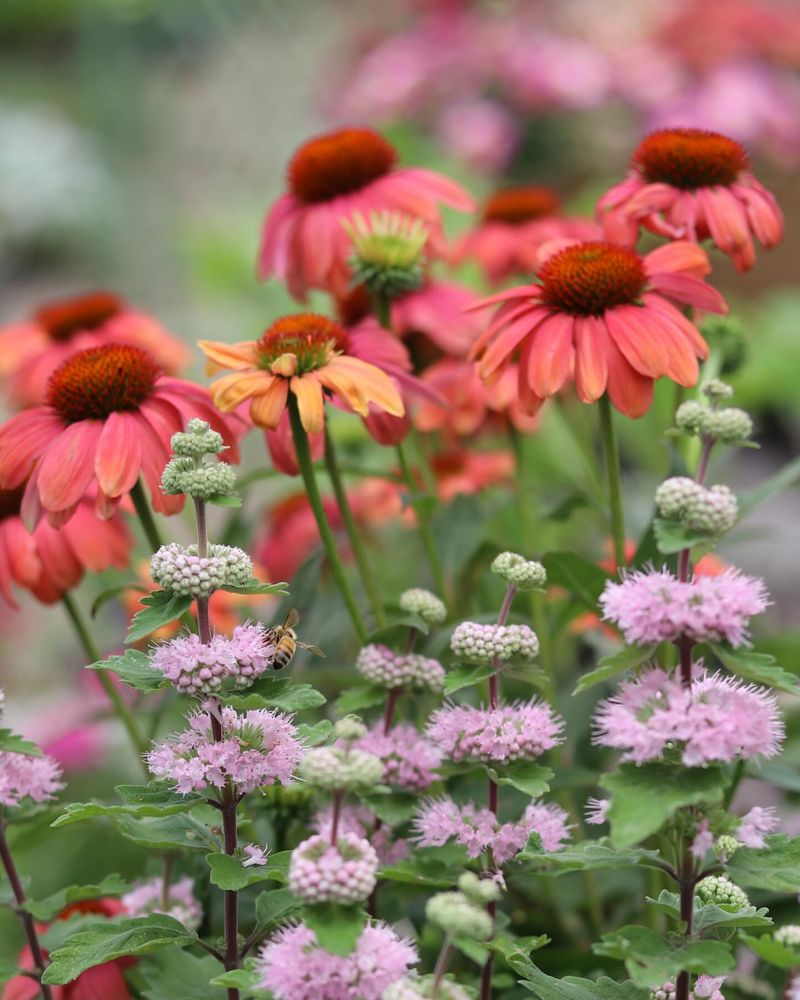
Got better things to do than baby your plants? Coneflowers practically take care of themselves once established! Florida gardeners appreciate their self-sufficient nature in our busy lifestyles.
They rarely need fertilizing, divide easily, and resist most diseases. Many Florida vegetable gardeners find these purple beauties give the biggest return on minimal effort compared to other ornamental companion plants.
8. Wildlife Support
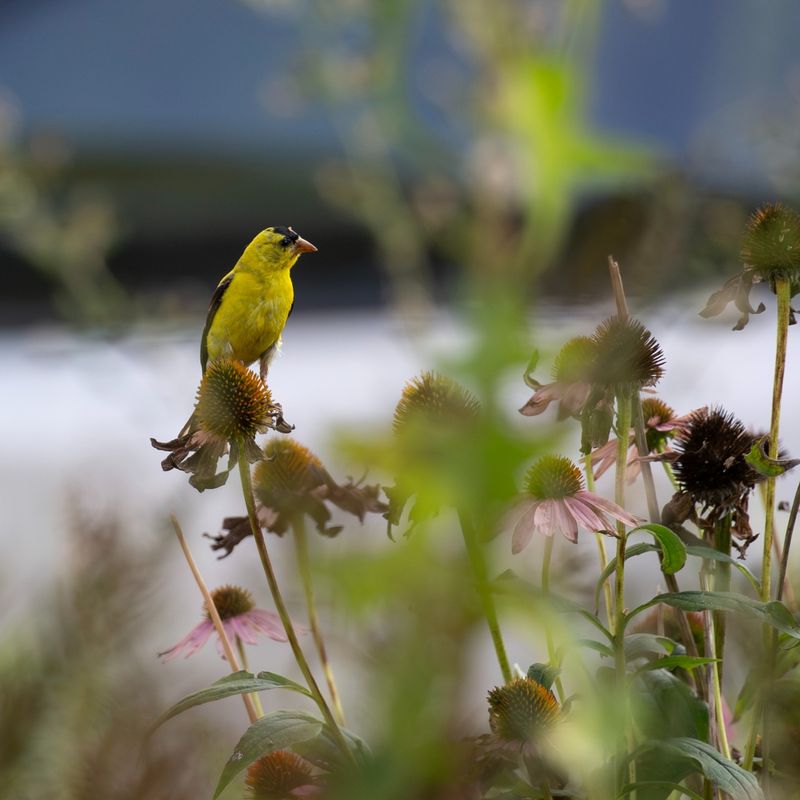
Birds flock to coneflower seedheads in fall and winter! Goldfinches and cardinals especially love these natural feeders, bringing delightful wildlife viewing to your Florida vegetable garden during harvest season.
These visitors often help control insect pests too. Many Florida gardeners leave coneflower heads standing after blooming specifically to support local bird populations through our mild winters.

